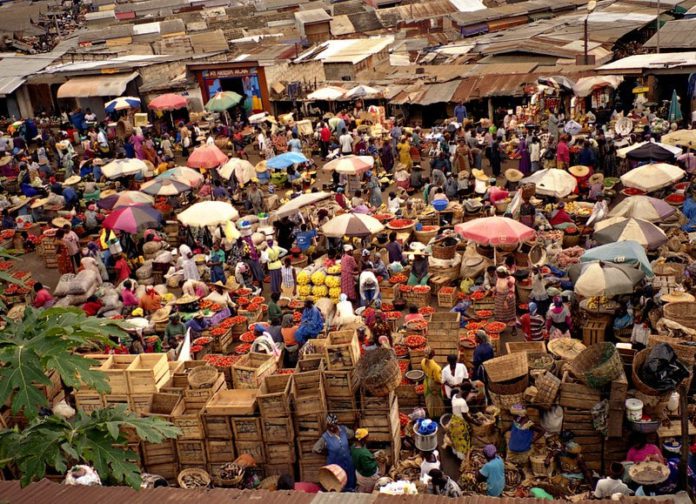I am motivated to write these few suggestions because of the recent Fix the country and Fix your attitude tango.
Additionally, there have been recent public debates on increasing national debts and huge infrastructure deficits across the national landscape.
The question always on my mind in traveling across the rural areas is how do we reform out of the mess? Mess meaning poor infrastructure, abject poverty and what have you.
As Yemi Osinbajo Nigeria’s Vice President posited and I paraphrase “Nigeria is not lack of ideas, nor lack of projects, nor lack of resources, nor lack of smart human capital, Nigeria’s challenge is basically lack of integrity and discipline in all aspects of leadership and society. Ghana can replace Nigeria aptly.
Everybody is making noise about macroeconomic policies, GDP growth and national debt sustainability. Through all the changing scenes of governance our dear country has not experienced the transformative changes the masses desire.
As challenges evolve so society’s solutions must evolve as well. Data and information for these articles are all from open-source information’s
Ghana has economic and social crisis or challenges if you may call it. Circa 70 percent of the citizens live on less than 2 dollars’ day. In most parts of the especially in the cocoa rural countryside in Western North, Ahafo and Bono regions significant number of people don’t even see 10 cedis in 30 to 60 days especially between February to September when the major cocoa season is off.
These are people with families to feed and the only solace is free natural root tubers and greens in the forest. Am just contemplating what happens upside north during the dry season where people hardly have access to free forests natural provisions.
The recommendations are organic in nature and found daily in our actions, social practices and events.
As Jeffrey Sachs posits, we need organic solutions to our challenges. Solutions that emanate from our socio-cultural environment, history, traditional practices etc. The writer recommends little tweaks and nudges into our system.
STRENGTHENING APPRENTICESHIP PROGRAMMES AND PUTTING STRUCTURE TO IT.
In addition to the FSHS the state needs a well-structured COTVET and apprenticeship system. This must be designed in each district with District/ Municipal assemblies and overlapping MPs responsible.
The state could identify well patronized and dedicated artisan offices such as tailors, welders, electrician, sprayers, tilers etc. and NBSSI skills training centers to attach them the prospective students.
The students must come from JHS level per career counseling recommendations and apprenticeship course cost borne by the state as the students are hived off from the FSHS numbers. What this does is to save the country cost and optimize the utilization of our scarce resources.
Truth be told there will be and there are students who finish FSHS and parents have to bore the cost of apprenticeship again.
The FSHS is a very good programme but there must be effective career counseling to determine those for mainstream SHS and the ones cut for apprenticeship such as mechanics, seamstress, hairdressers, welders etc.
The apprenticeship program must be structured into a 2 to 3-year program and accommodated into the GES curriculum under their supervision. Time and space might not allow much expatiation but this point is well made and further explanation can be provided when made.
The average FSHS budge must accommodate this apprenticeship scheme and not warrant additional budget as the same number of prospective FSHS students will be hived off to undertake the apprenticeship programme.
Reason for such recommendations is because I am witnessing increasing numbers of FSHS graduates going back to learn trade and apprenticeship where their guardians are paying hard currency for.

